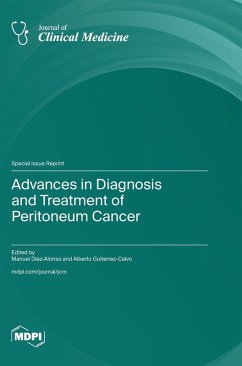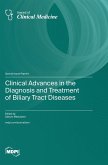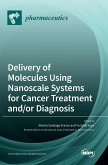Approximately 4-10% of patients with tumors of the abdominal cavity have peritoneal metastasis (PM) at the time of diagnosis, while 20-40% will develop PM during the evolution of their tumor. Until recently, the diagnosis of PM was ominous and associated with severe and incapacitating symptoms, a poor response to systemic chemotherapy, and a poor survival of 4-6 months. The scenario has changed following the introduction of a new generation of chemotherapy and agents against biological targets, as well as with the introduction of new combined therapies, including cytoreductive surgery and new diagnostic-therapeutic schemes. However, there are still many unresolved issues relating to the role, indications, and efficiency that these new therapeutic schemes may offer. We aimed to evaluate the latest knowledge in relation to PM with respect to the incidence, clinical and molecular prognostic factors, survival, and the role of surgical-chemotherapeutic techniques in this era of biological and immunotherapy agents. Special interest had been placed on colorectal, gastric, and ovarian cancer, as well as primary peritoneal cancer.
Bitte wählen Sie Ihr Anliegen aus.
Rechnungen
Retourenschein anfordern
Bestellstatus
Storno








